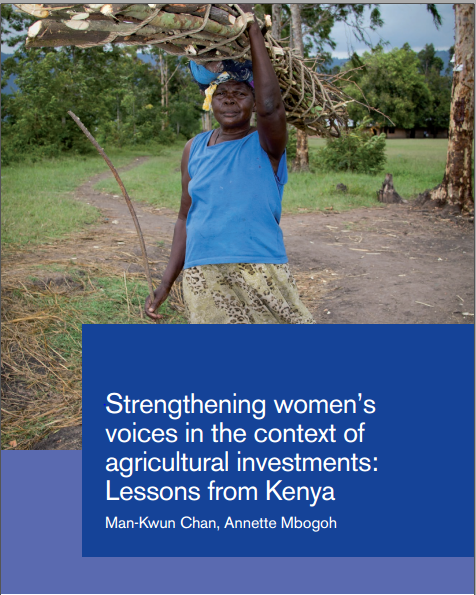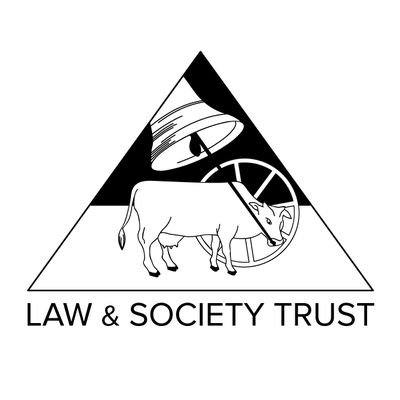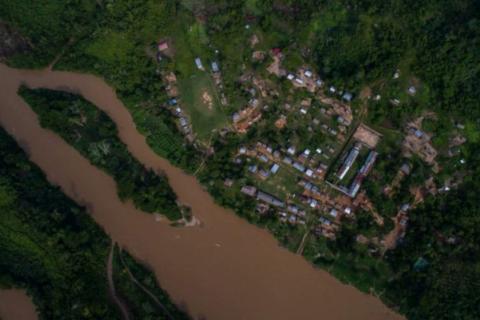General
Context Ethiopia is chronically food insecure and suffers significant food deficits each year. To tackle this challenge, the Government of Ethiopia strives to increase agricultural production, access to markets and employment opportunities. Investments in commercial agriculture are considered one of the key elements in advancing economic development and supporting the country in achieving food security. In the past, Ethiopia promoted foreign and domestic investment in large-scale farming and identified about 3 million hectares for commercial agricultural purposes. To facilitate economic development, the benefits of such investments need to be shared with local communities. However, achievements in this field remain limited and only a fraction of the land allocated was developed. Traditional land rights of local communities in rural areas remain inadequately documented and large-scale land allocations have often disregarded the rights of legitimate landowners. The struggle over resources between traditional landowners and investors led to a range of disputes and conflicts. The expectations of creating economic development and food security through large-scale land allocations for agriculture have not been met. In addition, government capacities on regulating investments and investor-community conflict management are limited. Agencies at all levels lack knowledge, structures and equipment to steer and monitor commercial agricultural land investments sufficiently. As a result, the rural population, and particularly women and marginalized groups, face great land tenure insecurity. To alleviate poverty and ensure food security in Ethiopia, it is thus essential to promote secure land tenure and responsible agricultural investments. Activities in Ethiopia The country module operates in three fields of activity: Improving Framework Conditions and Procedures: National and regional authorities in three regions will be sensitized and trained on institutional framework conditions and procedures to enhance land tenure security for the rural population. Strengthening the Civil Society: The civil society will be supported to contribute to the socio-political debate on responsible land policy through educational campaigns, training measures and awareness raising. Cooperation with the Private Sector: Private sector actors will be advised and capacitated in exchange fora with communities and trainings on effective land management, to deliver on environmental and social commitments. An example from the field The country module Ethiopia of the Global Project Responsible Land Policy is a continuation of the project “Support to Responsible Agricultural Investment” (S2RAI) implemented on behalf of the BMZ and with financial support from the European Union from March 2016 until June 2019 and thus capitalizes on previous lessons learned and products developed. Some of the main achievements include a digital land investment management and monitoring system (CAMiS), the development of contract templates, monitoring guidelines as well as the Guidelines for Social and Environmental Practices of Responsible Commercial Agriculture in Ethiopia (SECoP). Additionally, S2RAI supported the decision to redefine ceilings for agricultural investments from 1 million ha to 1,000 ha for domestic and 3,000 ha for foreign investors. Through strengthening of the organizational development of land institutions, awareness raising and capacity building the social and ecological performance of investors is now monitored. Both, the monitoring system as well as the SECoP guidelines have been taken up into the national strategy for commercial agriculture by the Ethiopian government. Furthermore, almost 80% of lease agreements have been reviewed. As a result, agreements covering about 70,000 ha were ended. In addition, investor-community dialogue fora, implemented by a local NGO, led to amicable land dispute resolutions and joint planning for the future. The project harmonized its efforts with other development interventions, such as thematically relevant GIZ projects and other donor projects in the context of land tenure, land use planning, land allocation and certification. Impact stories












